Vanderbilt
-
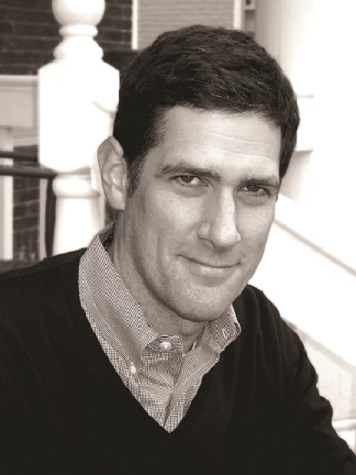
Introduction to “Robert’s Rules of Order and Why It Matters for Colleges and Universities Today”
In 1876, America weathered an economic roller coaster, a questionable presidential election and social unrest. Many envisioned the nation’s colleges and universities as the institutions best equipped to maintain the bonds between citizens and their elected government. However, a major in the U.S. Army Corps of Engineers, rather than a professor or college president, would provide the framework which enabled American colleges and universities to rise to global preeminence, when Henry Martyn Robert published the first edition of his Robert’s Rules of Order. Read MoreOct. 20, 2021
-

Saving Icarus 2.0: AI Regulation Requires Extraordinary Partnerships
Artificial intelligence (AI) has the potential to offer humanity enormous benefits, but ensuring that its progress aligns with democratic principles and human rights will require extraordinary coordination—political leaders engaged with technology leaders as partners, not adversaries—to craft a flexible regulatory framework. Read MoreAug. 2, 2021
-
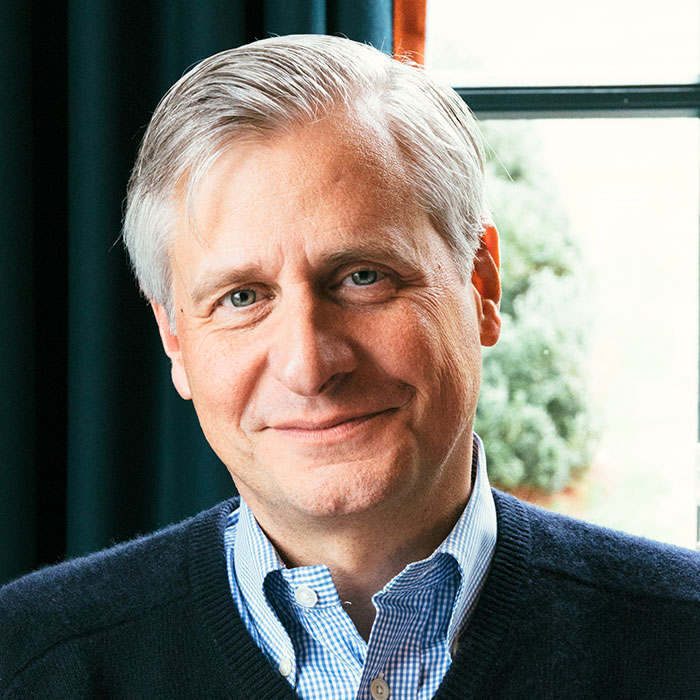
‘Fate of Fact,’ an audio documentary by Jon Meacham
This five-part audio series explores the question of how fear conquered truth, the history and origins of the strong grip misinformation and disinformation have on our politics, and how we got here today. The way forward isn’t about nostalgia, it’s not about sentimentality, it’s about seeing things whole. Read MoreJul. 26, 2021
-

Reflections on Bridge Builders in a Polarized Age
When profiling diverse leaders across America—the bridge builders, who do not accept the status quo of bottomless rage toward others—I discovered that these bridge builders are countercultural. They do not accept buzzwords. They do not use labels. They choose nuance over caricature, realizing that when they box people in, they box themselves out of the possibility of meaningful connections that can lead to genuine change. Read MoreJul. 15, 2021
-
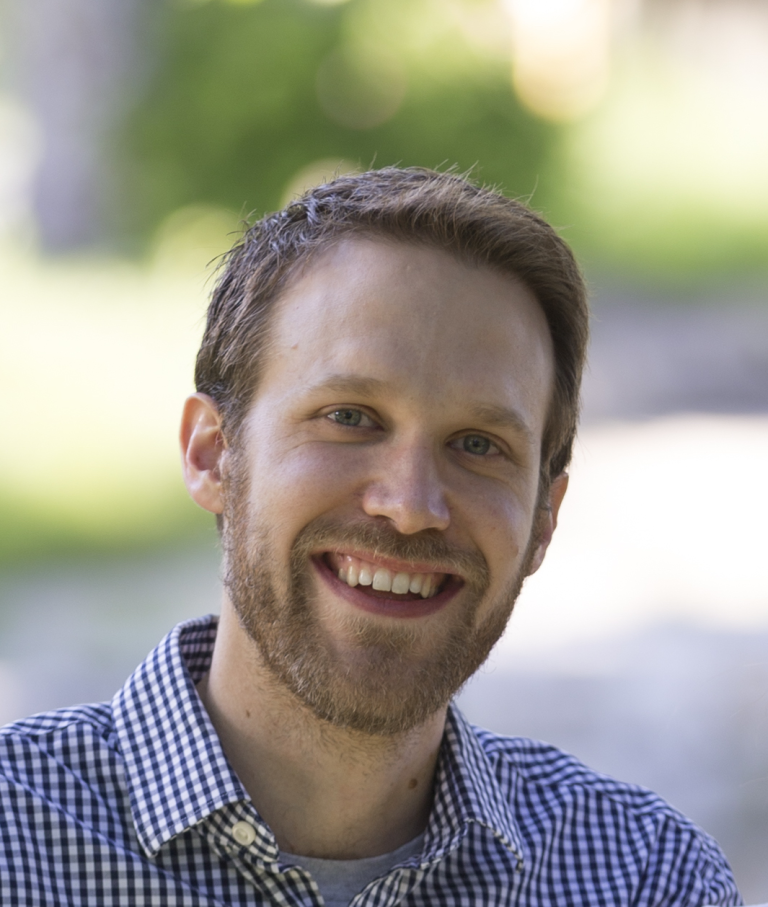
What about religion? Christian politics are of sacred value in polarized times
Instead of being a force of division as argued by many pundits, religion can be a balm to a polarized country if we are willing to separate religious beliefs from their accompanying practices and ethics. Besides anchoring faith, religious practices and ethics can embody and enliven a democratic community by showing us how to live in and between different politics of sacred value. Read MoreJul. 12, 2021
-
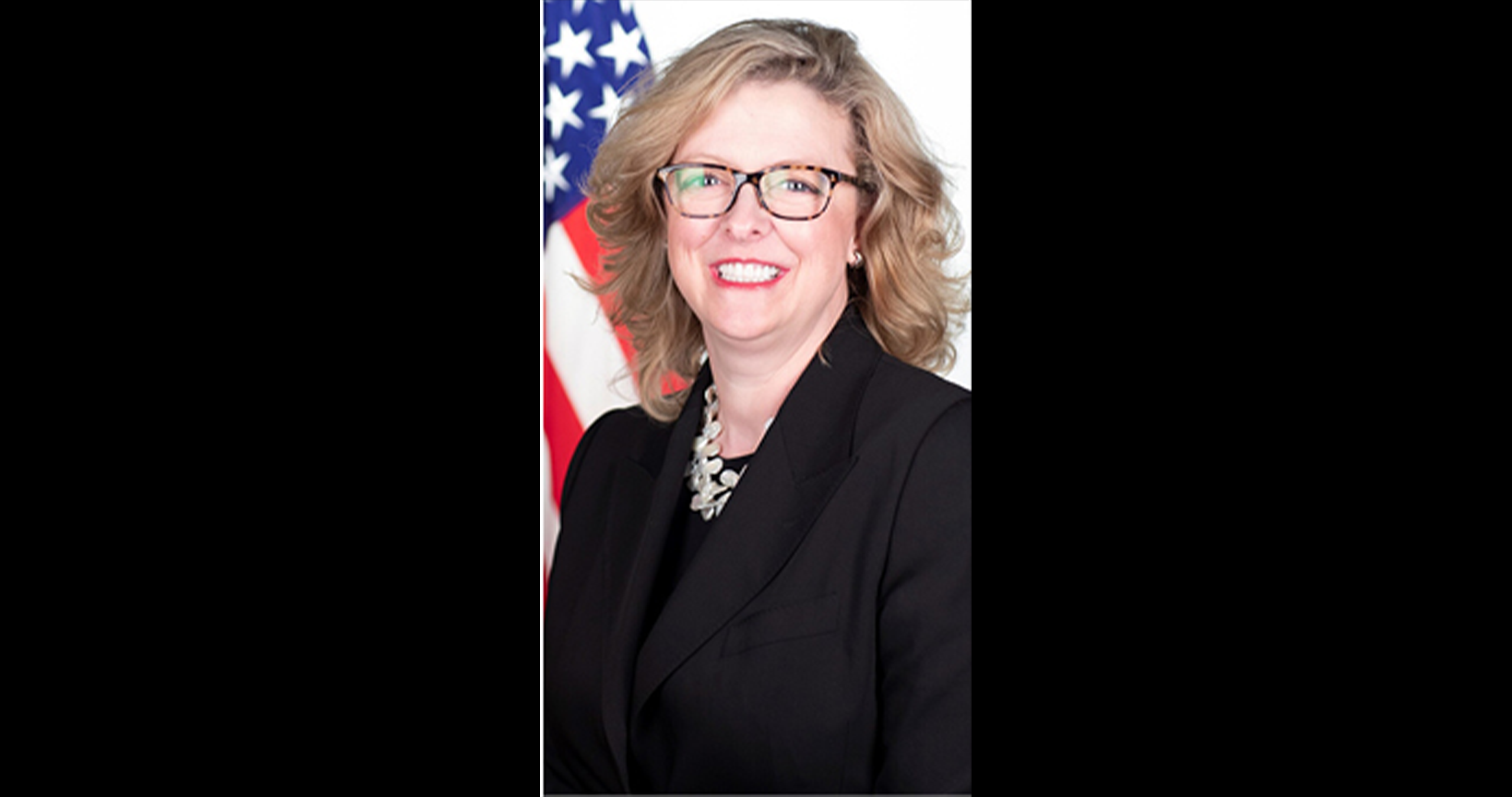
Secrets of the White House Fellowship: What Everyone Needs to Know
For more than 55 years, White House Fellows have made important contributions to American democracy, and this program can serve as a model for those seeking to push back on polarization. Read MoreJun. 24, 2021
-

This Developmental Moment: America Comes of Age
Viewed through the lens of developmental psychology, the United States can be seen as a late-stage adolescent as opposed to a nation in decline. This analogy may help explain some of the recent vicissitudes in American popular and political culture, and theories of developmental psychology may help chart a path toward reducing polarization. Read MoreJun. 22, 2021
-
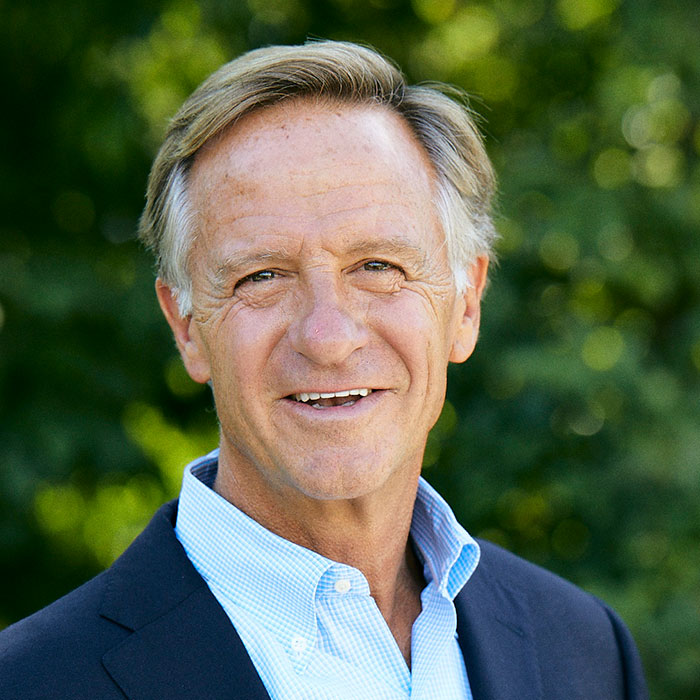
“Divided and Angry,” an excerpt from Faithful Presence: the Promise and the Peril of Faith in the Public Square
The place of faith in public life has been hotly debated as promising and perilous since our nation's founding, and the relationship of church and state remains contentious to this day—and for good reason. Too often, Christians end up shaping their faith to fit their politics rather than forming their politics to their faith. They seem to forget their calling is to be used by God in service of others rather than to use God to reach their own desires and ends. Faith can be a redemptive, healing presence in the public square—as it must be, if our nation is to flourish. Read MoreMay. 24, 2021
-
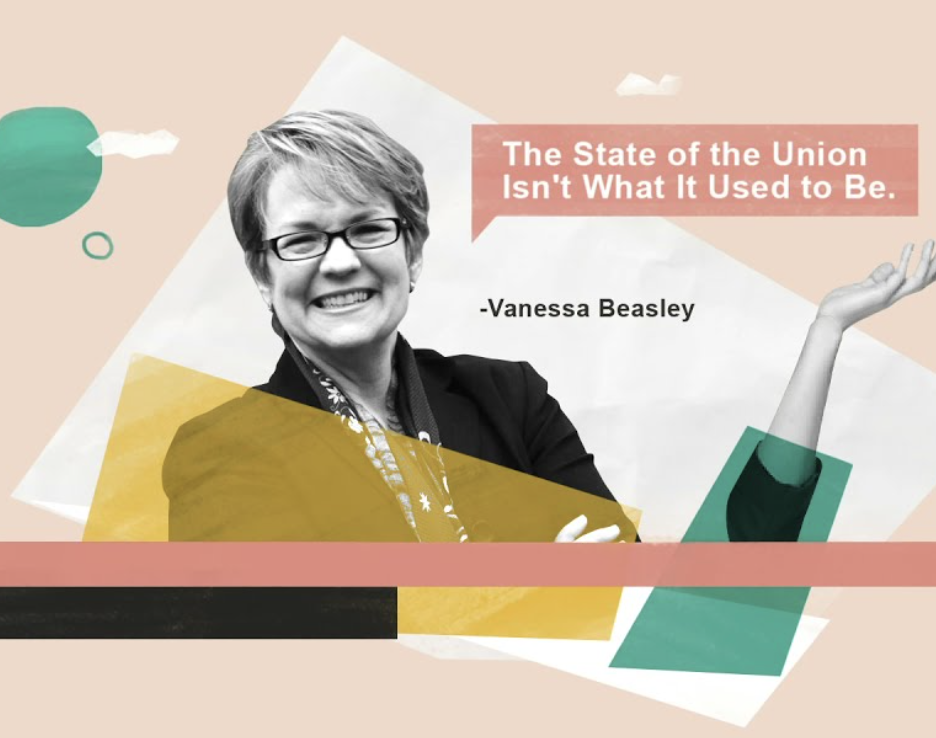
The “State of the Union” Isn’t what It Used to Be
The Constitution requires a president to deliver an annual message to Congress, but it does not impose any specifications. As the history of this paramount speech has evolved over 200 years, the presidents’ words matter, but increasingly theatrics and Congress’ response influence the American people’s perception of leadership. Unlike the oath of office, which remains unaltered since its drafting by the founders, the style, substance and schedule of this annual tradition continues to evolve. As Biden prepares to address Congress, visual cues from attendees may provide more clues than the speech’s text about the trajectory of the Biden Administration’s relationship with Congress. Read MoreApr. 26, 2021
-
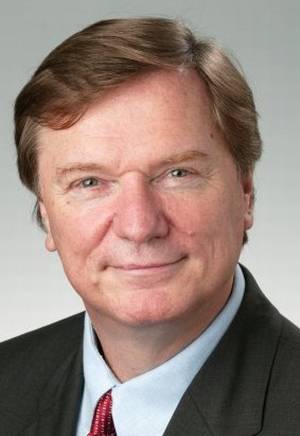
Deliberative Democracy: A Classical Antidote to Democracy’s Modern Ills
The gears of democracy seemingly have seized up on both sides of the Atlantic, with members of Congress and Parliament unable to abandon entrenched partisan positions to forge legislative solutions. Deliberative democracy, a method of eliciting specific and informed policy recommendations from the general public, has proven effective in breaking legislative logjams. Rooted in the democratic traditions of ancient Athens, deliberative democracy can inject new lifeblood into the seemingly ossified political systems of Western democracies. Read MoreApr. 19, 2021